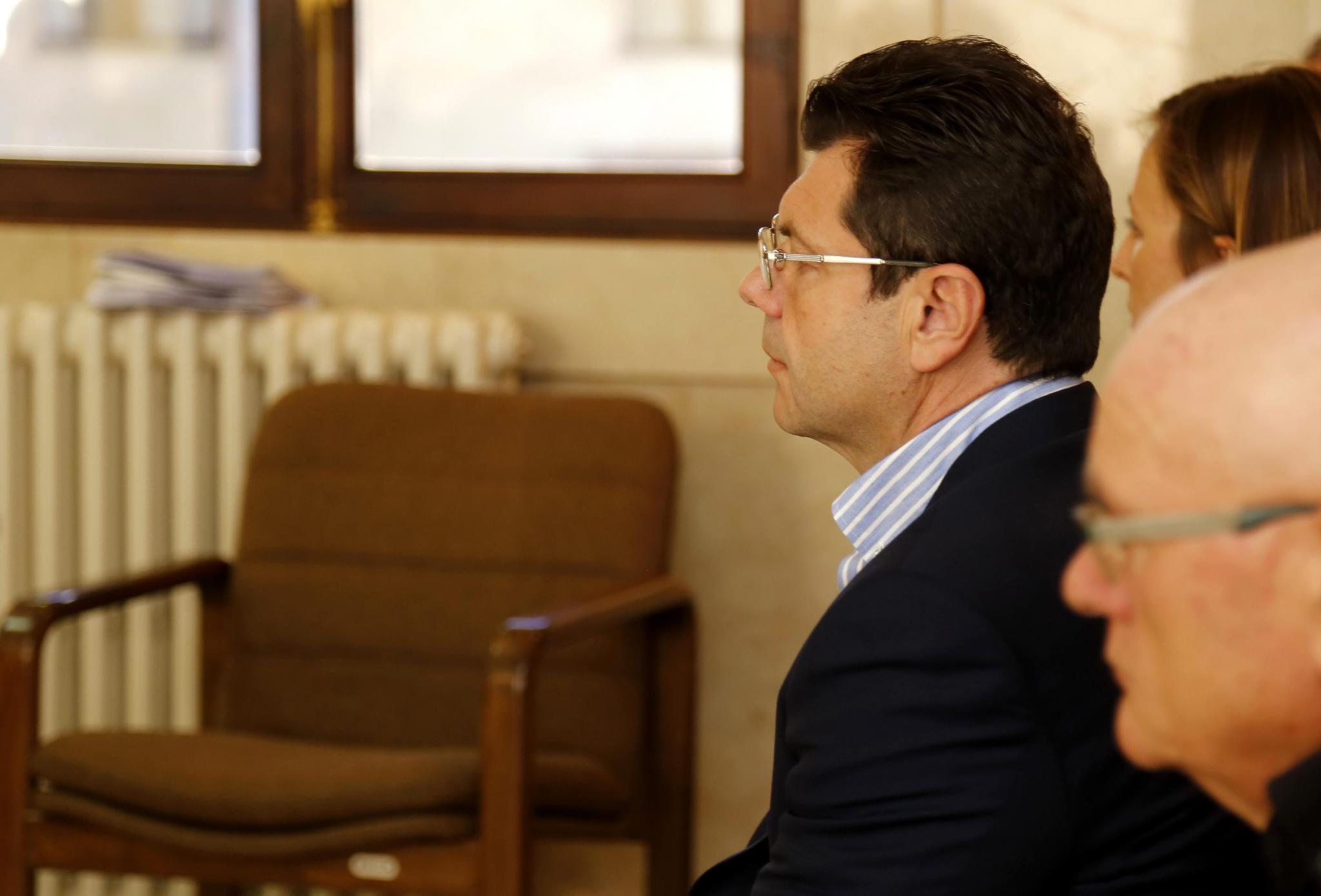Romanov was arrested at his home on the island at the end of December 2013 when the Guardia Civil, supported by Europol, arrested eight individuals and carried out seven house searches as part of an investigation into the money-laundering activities of the Russian criminal organisation Taganskaya.
The investigation had in fact begun more than twenty months earlier when the Intelligence Unit of the Guardia Civil discovered criminal links to the main suspect, who was making significant investments here in Majorca. Among these was the Mar i Pins Hotel in Peguera and an adjacent property in which he planned to live.
The Guardia Civil established that the man was part of the Taganskaya gang from Moscow and that the group might be laundering money in Spain that was obtained from their criminal activities in Russia. Romanov appeared to have been the mastermind in the network, supported by different straw men and legal and tax consultants.
Besides the charges of belonging to a criminal organisation, money laundering, tax evasion and document forgery, the Guardia Civil also investigated other evidence that pointed to alleged involvement in other serious crimes including coercion and corruption.
However, most of the other charges brought against Romanov by the public prosecution, which had wanted 17 years for the suspect, were dropped, apart from laundering some 1.6 million euros through the purchase of the hotel, the renovation of the house next door, falsifying documentation and revealing secrets. The hotel had been valued at just over ten million euros in 2010 when Romanov bought it through a company called Natali Mar i Pins.
Today, Romanov accepted a sentence of three years and nine months plus fines which totalled 4.2 million euros and the 1.6 million euros he laundered. He also agreed to hand over the hotel to cover these costs.
Romanov has spent the past two years on remand in jail because of the high probability that he would flee the country using his influential and "violent" contacts, according to the court. His lawyers today demanded that their client be released because he has spent the maximum period on remand. However, this was denied and he could spend nearly another two years in jail completing his sentence.
The investigators concluded that Taganskaya is one of the major criminal organisations in Moscow, where it was founded in the early '90s. Its main activities have been basic crimes such as protection racketeering and some frauds, with the associated money laundering that ensues. Like many other Russian gangs, especially Muscovite ones, it came to Spain in the late 1990s and 2000s.


No comments
To be able to write a comment, you have to be registered and logged in
Currently there are no comments.